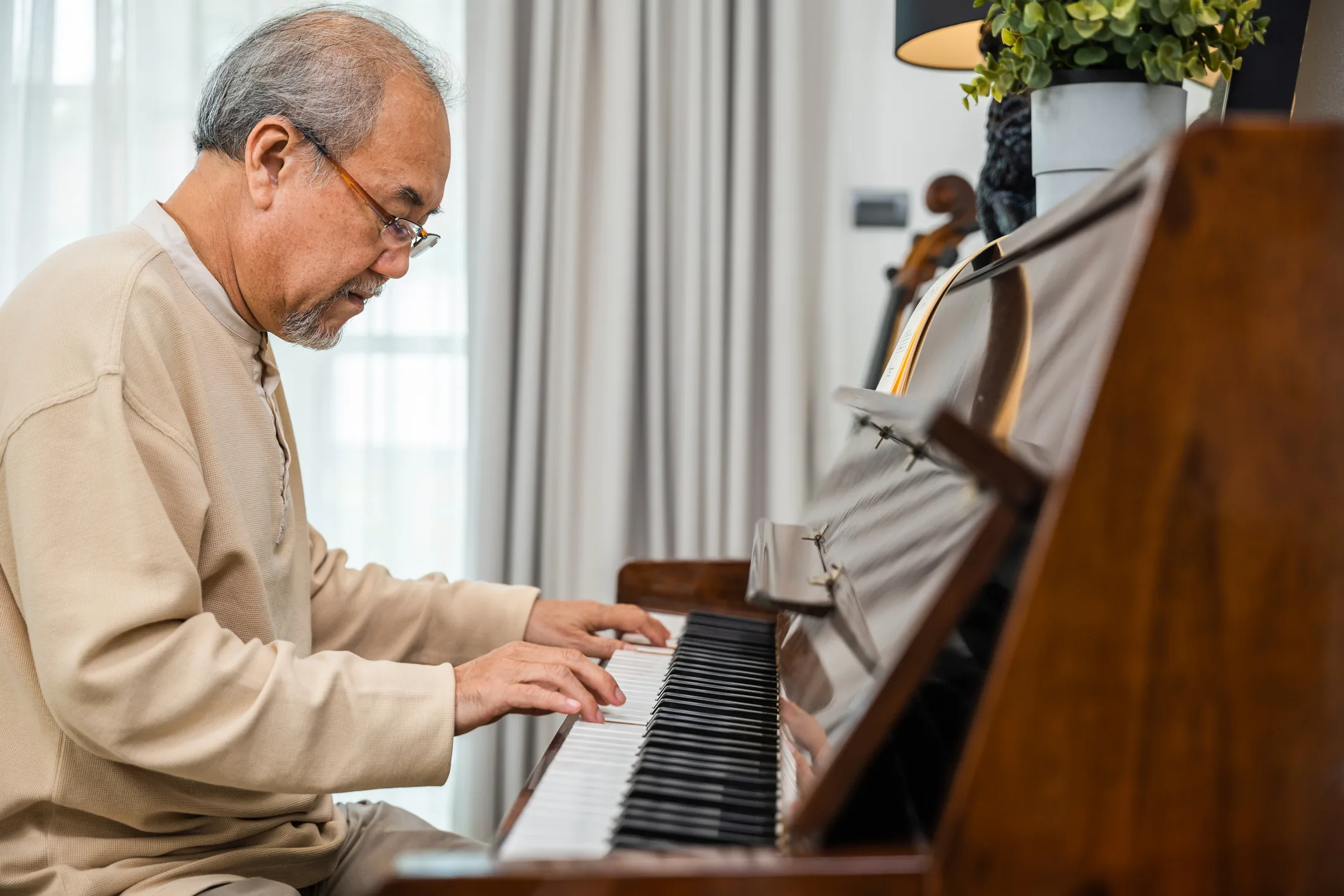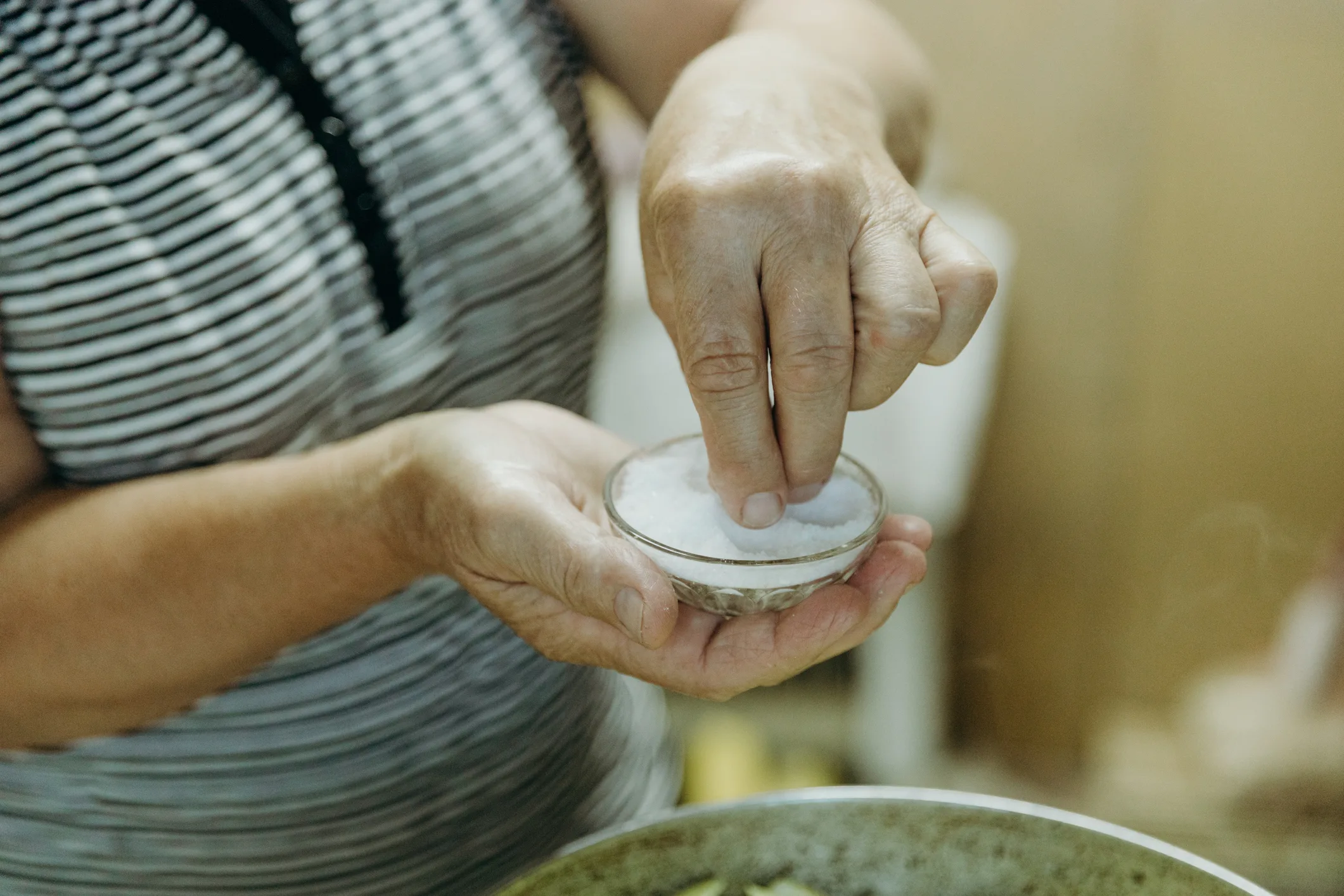Society has put less pressure on people to get married or be in a committed relationship. While it is still an important societal requirement, especially in some countries, it is become less so in others. So, this begs the question, are older single people happier than those who are married or in a committed relationship?
The Research
Psychology researchers in Germany sought to answer this question by surveying more than 77,000 Europeans over the age of 50. What’s important to note, was this was the first survey to look across cultures and at people who had been single their entire lives (i.e. people who had never been married, never lived with a partner, or never been in a long-term relationship).
The Findings
The findings revealed that, in addition to lower life satisfaction scores, lifelong singles are less extraverted, less conscientious, and less open to experience, compared to partnered people.
When comparing across gender and age, the study found that single women scored higher on life satisfaction than single men, and older people tended to be happier with their singlehood status than middle-aged singles. Julia Stern, one of the lead authors and a senior researcher at the University of Bremen in Germany, speculated that, “with the era of their peers getting married and starting families behind them, older singles may accept their circumstances and be happier.”
Our Thoughts
This seems to make sense, at least initially. As one gets older, being single can have drawbacks both economically as well as medically since older people experience more health issues and usually require a partners assistance. But when you look a little deeper, a lot has to do with the personality of the individual.
Extroverts have little problem making friends and as a result have an entire network they can lean on as they get older. Introverts on the other hand, have no such network. And since it’s our belief that you cannot change a person’s base personality whether they are in a committed relationship or not, it’s really the lifelong single introverts who may be less satisfied and less happy as they get older.
It also, depends on the society you are living in. Because the research was conducted across 27 European countries, the study found that in countries with higher marriage rates (such as southern European countries), singlehood resulted in lower life satisfaction scores.
However, here in the US, people are prioritizing personal fulfillment, career goals, and independent living more than ever before, especially given the high divorce rates. Hence, they study may have yielded different results had it been performed in the US.
Source:
Singles Differ in Personality Traits and Life Satisfaction Compared to Partnered People











